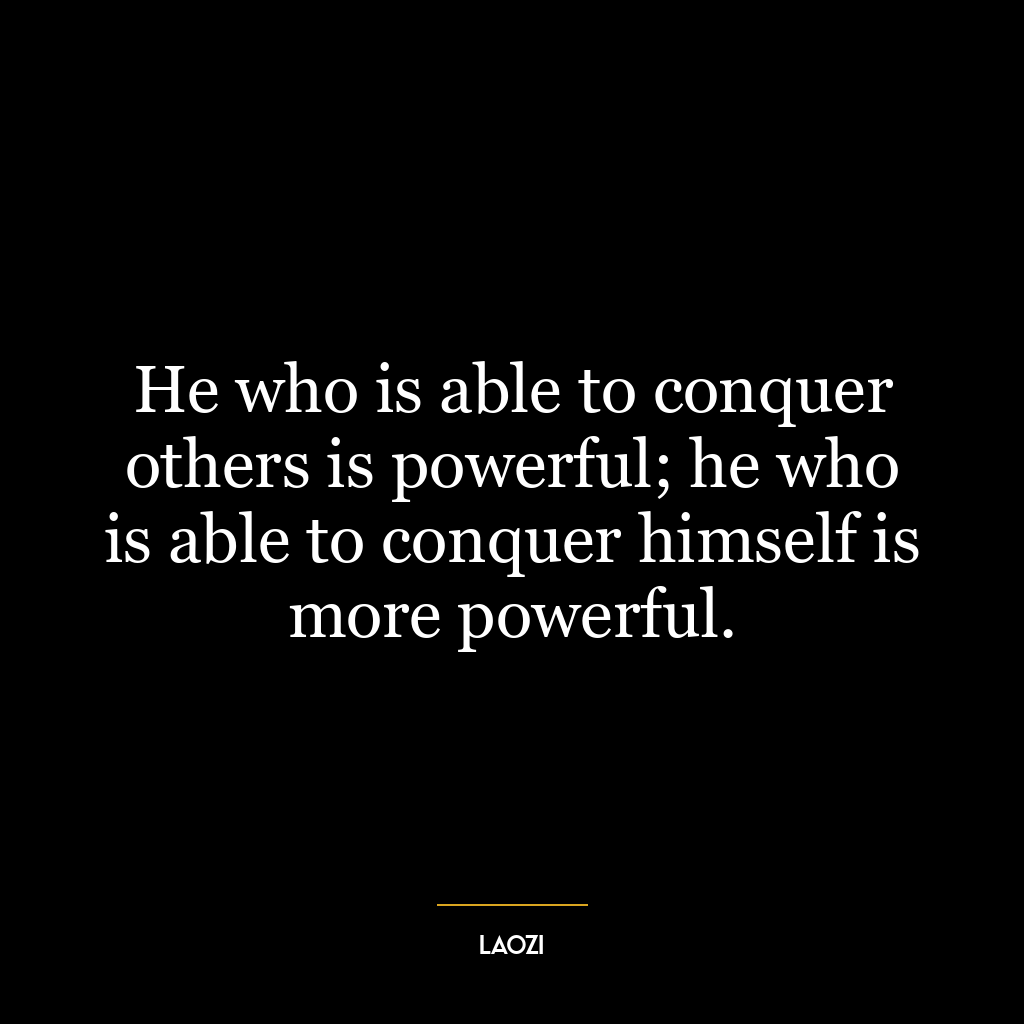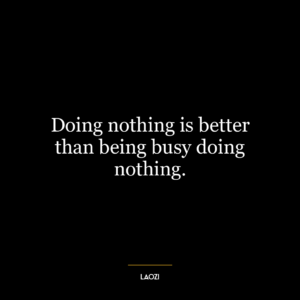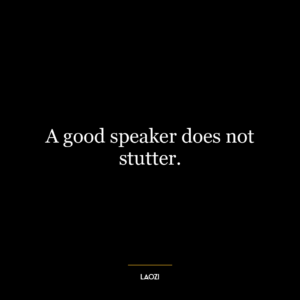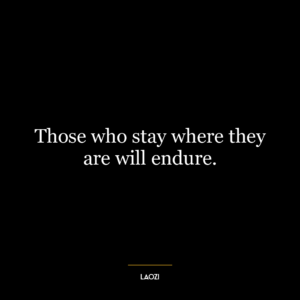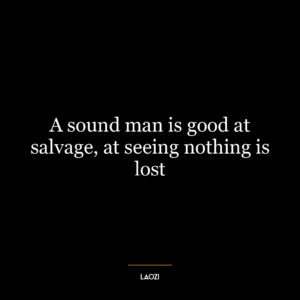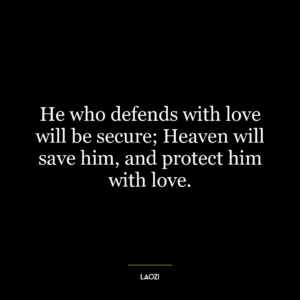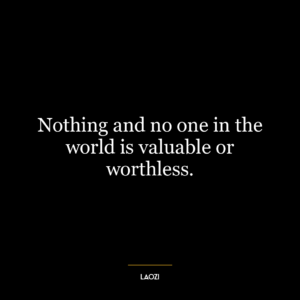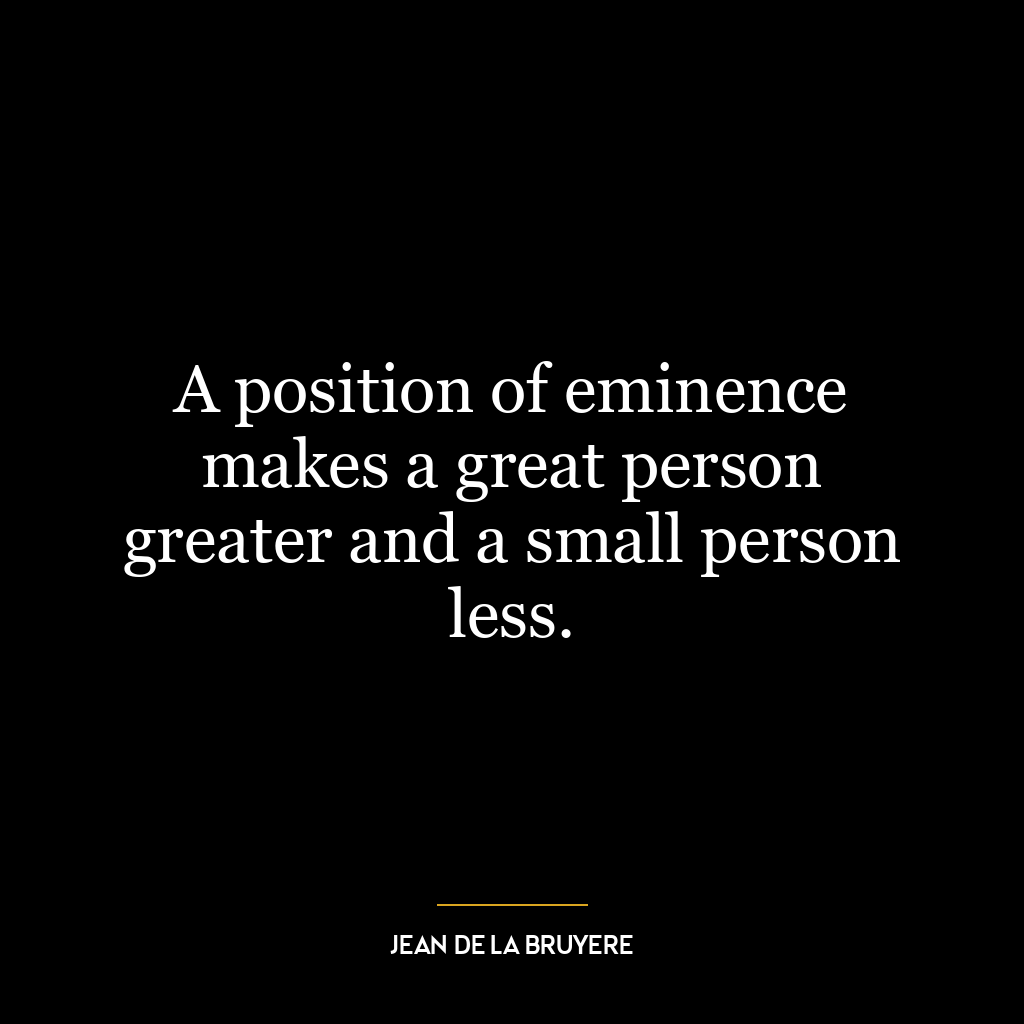He who is able to conquer others is powerful; he who is able to conquer himself is more powerful.
This quote is a profound reflection on the nature of power and self-control. It suggests that while conquering others might be an expression of power, it is a greater and more significant feat to conquer oneself.
To conquer others, in this context, is to have control or influence over them, to be able to dictate their actions or decisions. It can be seen in various forms of leadership, from political to corporate, where a person or group has the ability to control or influence the actions of others. However, this type of power is external and often dependent on factors outside of one’s control.
On the other hand, to conquer oneself is to have control over one’s own thoughts, emotions, and actions. It is about self-discipline, self-awareness, and the ability to resist impulses and immediate gratification for long-term goals. This type of power is internal and entirely within one’s control. It is more powerful because it is the foundation of all other forms of power. Without self-control, one’s power over others can easily be lost or misused.
Applying this idea in today’s world, we can see that those who can control their own thoughts and emotions are often more successful and happier. They are able to handle stress better, make better decisions, and maintain healthier relationships. In personal development, this idea emphasizes the importance of self-discipline and self-awareness. It encourages us to work on improving ourselves first, to control our own thoughts and actions, before seeking to influence or control others.
In a world where external power and control are often glorified, this quote serves as a reminder that true power comes from within. It is not about controlling others, but about mastering oneself.

